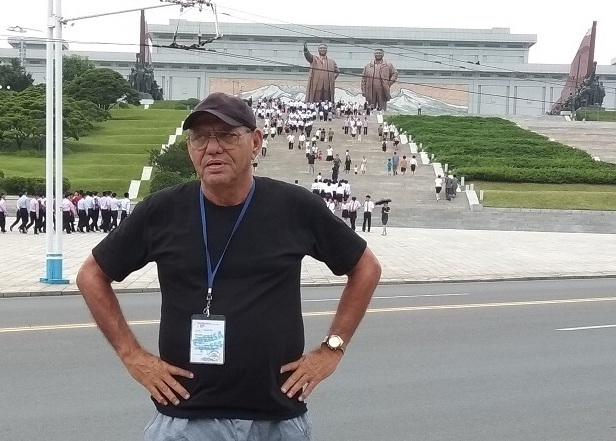About the Author
Oliver Hotham
Oliver Hotham was an NK News contributor based in Seoul, South Korea. Follow him on Twitter.

Get behind the headlines
|
Evergreen Havana’s man in Pyongyang: Cuba’s first full-time North Korea correspondentPrensa Latina may formally set up Pyongyang bureau this year, Benito Joaquín Milanés says  On November 4 last year, Cuban President Miguel Díaz-Canel landed at Pyongyang’s Sunan Airport for a summit with Kim Jong Un — the first between the two countries in over three decades. Accompanying the DPRK leader at the airport was the usual gaggle of journalists from North Korea's state media, all jostling for the best shots of their Marshal and his second meeting with Díaz-Canel. © Korea Risk Group. All rights reserved. |